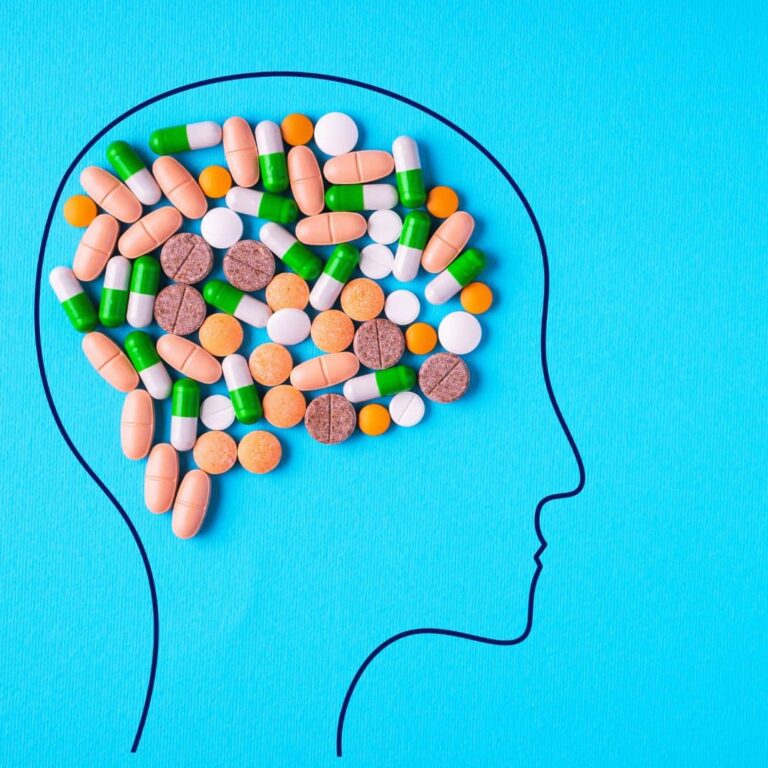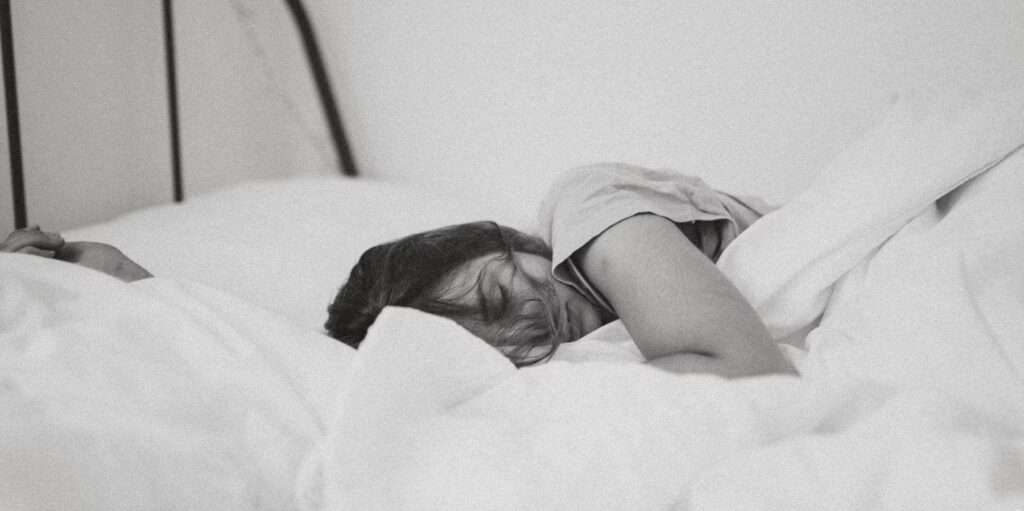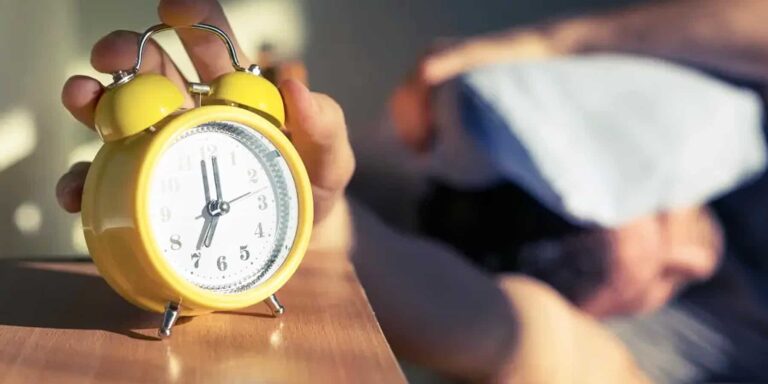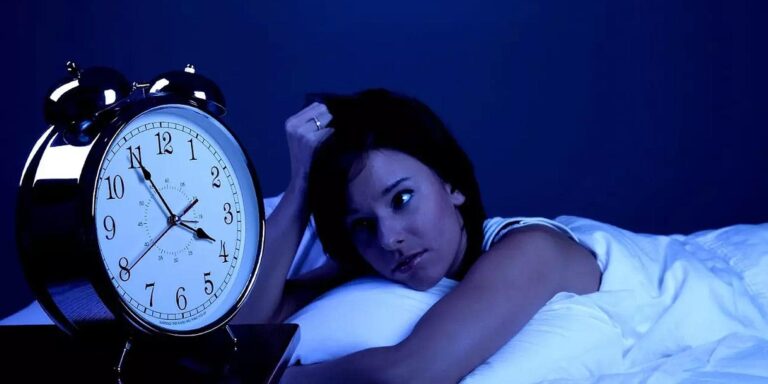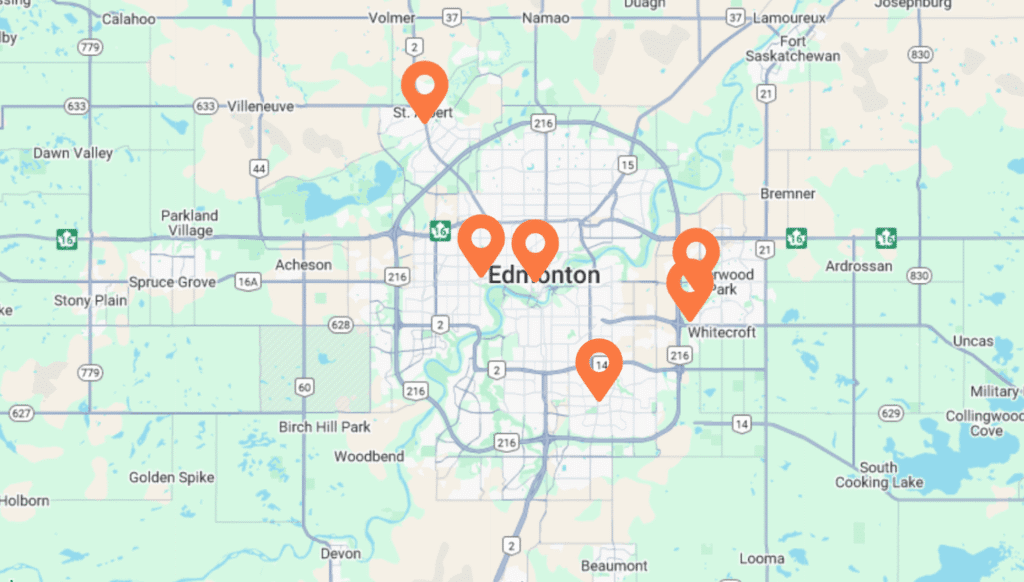Sleep represents an uninterrupted, unconscious resting time for your body and mind. Adults typically require 7 to 9 hours of sleep daily, according to 2015 recommendations from the National Sleep Foundation. During sleep, your heart rate normally slows due to complex regulatory mechanisms. Normal sleeping heart rate depends on multiple factors, including your resting heart rate while awake and the stage of sleep, which varies during the night. Certain medical conditions can also affect your sleeping heart rate.

Normal Decrease
Transitioning from wakefulness to sleep involves complex signaling that affects heart rate, blood pressure and body temperature as well as other body parameters and functions. Average heart rate during sleep decreases by roughly 24 beats per minute in young adults and 14 beats per minute in those older than age 80, as reported in a March 2009 “New England Journal of Medicine” article. The decrease begins as you fall asleep and continues, on average, as you pass into deeper stages of sleep. A lower heart rate during sleep occurs primary because nerve signals that your slow heart rate increase during sleep while nerve signals that speed heart rate are suppressed. However, your heart rate varies from one sleep stage to another.
Non-REM Sleep
Two main types of sleep occur as you slumber. These are known as REM and non-REM sleep. REM is an acronym for rapid eye movement, which characterizes the type of sleep most closely associated with vivid dreams. Non-REM sleep is further divided into three stages: N1, N2 and N3. N3 is the deepest stage of non-REM sleep. You cycle through N1 to N3 and then progress to REM several times during a normal night of sleep. In general, your heart rate is lower during non-REM sleep than it is when you are in REM sleep or awake. Non-REM sleep normally accounts for approximately 75 to 80 percent of total sleep time in adults.
REM Sleep
REM sleep accounts for approximately 20 to 25 percent of total nightly sleep time in adults. While dreaming occurs in both types of sleep, REM sleep is most closely associated with vivid, story-like dreams that can be recalled upon awakening. REM sleep represents a distinctly different state compared to non-REM sleep in terms of brain activity and your body’s physiologic functions. Your heart rate during REM sleep is typically higher and more variable than in non-REM sleep stages. This may be due to a combination of factors, including increased blood flow and activity in certain areas of the brain, and augmented nerve signals that speed the heart rate.
No Standard Normal Range
Because sleep is a dynamic process consisting of several multi-stage cycles per night, your heart rate varies significantly as you sleep — just as it does when you’re awake. Additionally, a number of variables can affect your typical sleeping heart rate, including your age, sex, cardiovascular fitness level and medications. As such, there is no standard “normal” range for heart rate during sleep. If a nighttime heart rate or rhythm abnormality is suspected, a 24-hour heart monitoring study can be used to diagnose these conditions.
Other Considerations
People with certain medical conditions are prone to heart rate or rhythm abnormalities during sleep. Obstructive sleep apnea (OSA), for example, sometimes causes a significant drop in blood oxygen, leading to heart rate or rhythm abnormalities. The drop in blood oxygen occurs due to periodic pauses in breathing during sleep. Morning headaches, excessive daytime sleepiness and snoring are common symptoms of OSA. Insomnia, frequent nighttime awakenings and other conditions that cause fragmented or disordered sleep can also affect heart rate.
People who have suffered a heart attack may also experience nighttime heart rate or rhythm abnormalities. Those with congestive heart failure are similarly vulnerable to heart rate or rhythm problems. A significant nighttime heart rate or rhythm abnormality typically requires treatment with medication or a pacemaker.
If you are in menopause or andropoaus (male version of menopause) and you are not getting restful sleep due to hormonal changes in your body. Speak to one of our compounding pharmacists if perhaps BHRT is right for you. We can put you in contact with a clinician that specializes in this area.
